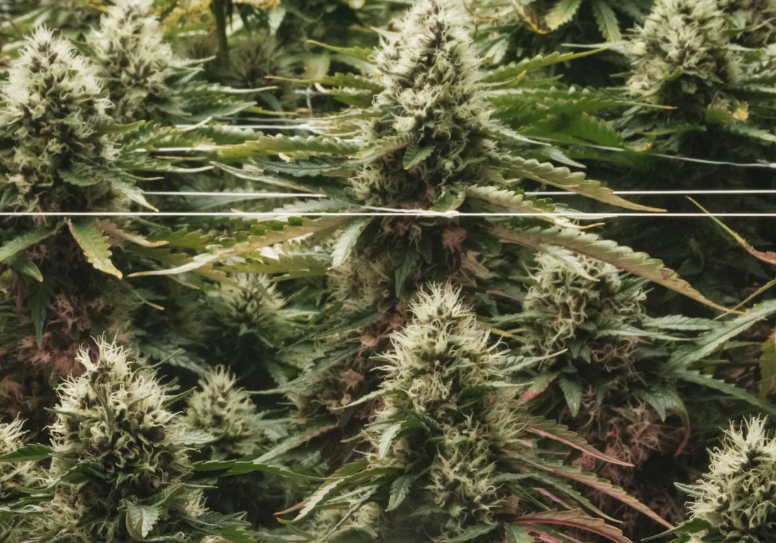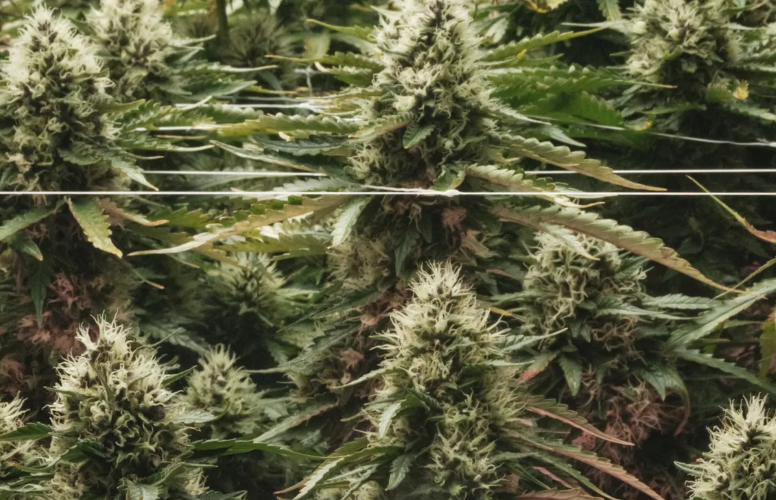A major push to legalize recreational marijuana in Florida just took a dramatic turn as backers sue the state, claiming officials are illegally trashing thousands of voter signatures. This fight could decide if pot hits the 2026 ballot, sparking fresh hope and fury among supporters. What’s really at stake, and why now?
Smart & Safe Florida, the group leading the charge for marijuana legalization, filed a lawsuit last week against the state’s Secretary of State. They accuse officials of unlawfully trying to invalidate about 200,000 petition signatures collected for a 2026 ballot initiative.
The core claim is that state actions break Florida law by forcing counties to reject valid signatures. At issue are petitions mailed directly to voters earlier this year, which the campaign says were gathered fairly before any rule changes.
The lawsuit argues that the state’s push to toss these signatures is a direct attack on the democratic process. Campaign leaders say it’s an attempt to block voters from deciding on adult-use cannabis. If successful, this legal move could preserve the signatures and keep the initiative alive.
One key detail stands out. The group has already collected a huge number of petitions, but without these 200,000, they might fall short of the required threshold.
Roots of the Conflict and Past Battles
This isn’t the first rodeo for marijuana advocates in Florida. In 2024, a similar ballot measure, known as Amendment 3, grabbed headlines but failed. It got over 57% of the vote, yet Florida requires 60% approval for constitutional changes, so it fell short.
Smart & Safe Florida, backed heavily by big cannabis companies, poured millions into that effort. Now, they’re regrouping for 2026 with a new initiative. But state officials, under Governor Ron DeSantis’ administration, have thrown up roadblocks.
Recent changes in election rules targeted ballot initiatives, including stricter guidelines on how signatures are verified. Critics say these moves are designed to protect the status quo, where medical marijuana is legal but recreational use isn’t.
The campaign points out that a federal judge ruled in their favor earlier this year. In August 2025, the judge struck down parts of a law signed by DeSantis that limited signature gathering. That win gave them momentum, but this new signature fight threatens to undo it.
Florida isn’t alone in this push. Other states like Oklahoma are racing to collect signatures for their own 2026 weed legalization votes, showing a national wave.

What This Means for Voters and the Future
If the lawsuit succeeds, it could clear the path for the initiative to reach the ballot, letting Florida voters have their say on legalizing recreational marijuana for adults. Supporters argue it would boost the economy through taxes and jobs, while reducing black market risks.
Opponents, including some state leaders, worry about public health and safety. They claim legalization could lead to more impaired driving and youth access issues.
Here’s a quick look at key impacts if the initiative passes:
- Economic Boost: New tax revenue could fund schools and roads, based on models from states like Colorado, where legal weed generated over $2.5 billion in taxes since 2014, according to the Colorado Department of Revenue’s 2023 report.
- Criminal Justice Relief: Fewer arrests for possession, easing jail overcrowding.
- Health Debates: Access to regulated products, but concerns over addiction rise.
The campaign has raised $25.8 million so far, mostly from one major marijuana firm, as reported by Florida’s Division of Elections in October 2025. This funding fuels signature drives and ads.
Losing these signatures would force the group to start over in parts of the state, delaying their efforts.
One thing is clear. This battle highlights tensions between grassroots movements and government oversight in ballot processes.
Broader Implications Across the Nation
Florida’s fight mirrors struggles in other states pushing cannabis reform. For instance, Oregon and Oklahoma activists are gathering signatures for 2026 ballots, partnering with local groups to meet deadlines.
Nationally, marijuana remains a Schedule I drug federally, but 24 states have legalized recreational use as of 2025, per the National Conference of State Legislatures. Florida joining them could tip the scales toward federal change.
Experts say these lawsuits test the limits of state power over voter initiatives. A win for Smart & Safe Florida might inspire similar challenges elsewhere.
In Florida, the outcome could sway turnout in the 2026 elections, drawing young voters and independents passionate about the issue.
This case also spotlights campaign financing. With big money from cannabis businesses, questions arise about corporate influence on policy.
| Year | Key Event in Florida Marijuana Efforts |
|---|---|
| 2016 | Medical marijuana legalized via ballot. |
| 2024 | Recreational amendment fails at 57%. |
| 2025 | Lawsuit filed over 200,000 signatures. |
| 2026 | Potential ballot vote if lawsuit wins. |
This timeline shows the steady push toward full legalization.
As the case heads to court, all eyes are on how judges interpret election laws.
This lawsuit isn’t just about signatures; it’s a clash over who controls Florida’s future on marijuana. It stirs hope for reform among those tired of outdated laws, while fueling outrage over perceived government overreach. In a state where freedom is a buzzword, denying voters a voice feels like a betrayal to many.




